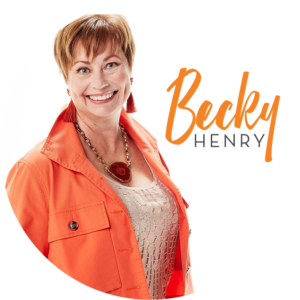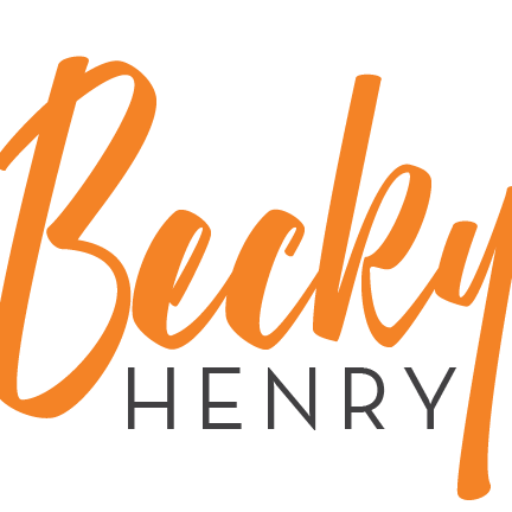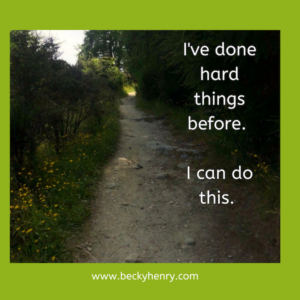
This past week was/is a rough one for so many Americans with the ongoing quarantine and so much unsettling news. The vast array of conflicting news stories and the unending uncertainty have begun to take a toll on a lot of us.
Usually I get my newsletter written on Saturday mornings with my coffee. This week my extreme lack of focus and overall grieving for the world we used to have stalled me on my writing projects. On May 8th I’m presenting to Amazon employees on Body Positivity and Prevention of Eating Disorders and gathering my thoughts to lay out the presentation has been ridiculously hard. Usually I can slap out an outline for a talk in no time, flesh out the outline with stories, data and interactive activities. It’s amazing what underlying grieving can do to our brains.
Does any of this sound familiar to what you’ve experienced recently?
Given that it’s mid-April, the snow last Sunday, Monday and Tuesday didn’t do much to help my mental state. If you follow me on social media, you likely saw some of the gray, dark snowy pictures. I know, it’s just weather. I’m fortunate to have a house, food and all my needs met and be healthy. AND, our emotions are our emotions. Sure, I used every tool I teach. I named my emotions, honored them, breathed, baked and ate things that gave me joy, talked with friends, moved my body, laughed intentionally at silly videos, meditated, did yoga, listened to uplifting messages, rested, sent loving thoughts to those who have Covid 19 and those who are alone, breathed more, gave myself a break, did satisfying work, made time for fun and relaxing. Time with trusted colleagues on video calls gave me the connection and validation for what I’m experiencing.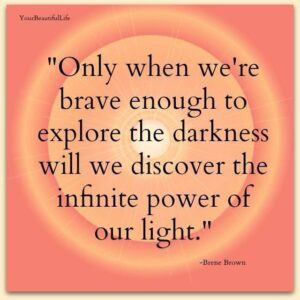
Good tools help.
Grieving has to happen or it comes out sideways.
Hurt people, hurt people. I don’t want to hurt people, so I’m doing my grief work. It’s not perfect, nothing is.
Last night as I was lamenting that I’d not yet written my weekly message to you all, I came across this absolutely spot on piece that business writer, Brian Stetler on CNN wrote. He’s been experiencing very similar challenges. Including writer’s block. He missed his deadline too. Although he’s not as fortunate as me to be his own boss…
Reading the kind, encouraging, validating, supportive comments he received was so reassuring to my ears. It’s what I needed to hear. And like many of his friends and colleagues, I too am very aware of how incredibly fortunate I am compared to front line workers, those without income, people without safe living situations or enough food.
Watching people suffer, even when we don’t know them or even have faces is painful. For those of us who are empaths, so much self-care is needed to balance having compassion and not taking on their pain. I know that many of you are very empathic and also walk this fine line.
Today my hope for all of us is to not lose hope. To do that, we need to accompany one another as we bear witness to the immense unfolding tragedy so 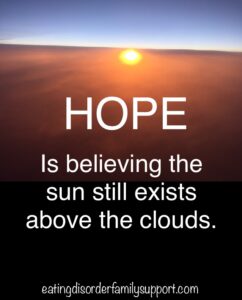 we don’t lose our humanity. We can do something. We can talk with one another about what is happening and find ways both small and large in which we can make a difference. That will help take away some of the helplessness and hopelessness.
we don’t lose our humanity. We can do something. We can talk with one another about what is happening and find ways both small and large in which we can make a difference. That will help take away some of the helplessness and hopelessness.
When you’re a family caregiver of someone with an eating disorder there is plenty of hopelessness already present. The worldwide pandemic adds another layer and can make an already rough situation rougher. Gentleness with ourselves and others is needed by everyone right now.
Sometimes being strong is asking for support. Not easy for those of us who have been strengthened like iron in a fire. It might mean asking a friend to listen for a bit or parking the kids in front of another video so you can get your needs met. That is okay. It really is okay to not be okay right now. Really. It’s normal. We’re going to get through this, together.
